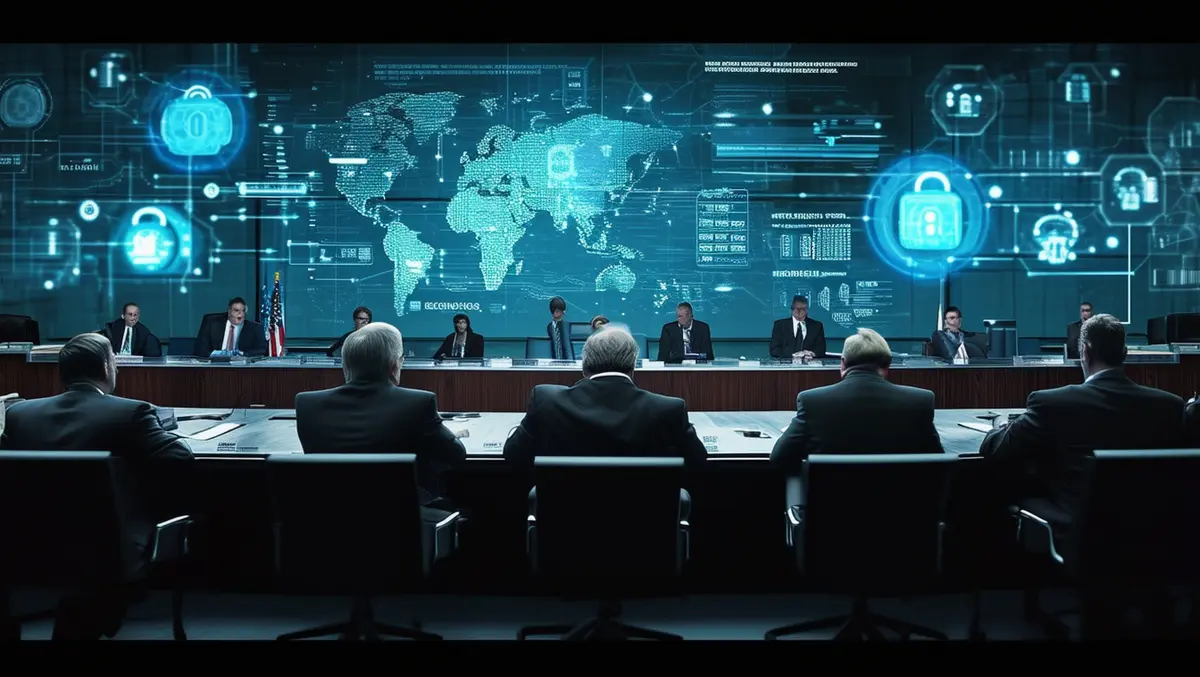
CrowdStrike under fire at US hearing after global IT outage
CrowdStrike, a major player in the cybersecurity sector, found itself under intense scrutiny during a recent US congressional hearing.
This comes in the wake of a global IT outage that occurred in July, causing widespread disruptions and raising questions about the robustness of CrowdStrike's software management processes.
Steve Ponting, Director at Software AG, offered his insights following the hearing. Ponting remarked, "The CrowdStrike hearing yesterday shone a very important light on the importance of process intelligence and how organisations can make that insight available to those who need it." He stressed the significance of process intelligence in managing the operational challenges businesses face today. Ponting elaborated, "In an environment where sometimes it is 'too fast to think', businesses should have full oversight of people, technology systems and processes, ensuring these are flexible enough to provide digital resilience and operational excellence, but also robust enough to comply with auditors and regulators alike." He continued by asserting that such intelligence assists IT and business leaders in understanding user behaviours or practices that heighten risks, including future widespread IT failures stemming from deviations from standardised processes.
Further expert commentary came from Rahul Tyagi, a NATO-backed cybersecurity expert and CEO of SECQAI, a leading quantum security solutions firm. Tyagi offered a technical perspective on the incident, illustrating several critical areas of improvement. "The CrowdStrike issue could have been prevented quite easily through quality control, assurance and by having a good testing methodology," he stated. Tyagi, however, was quick to point out that the burden of blame should not rest solely on CrowdStrike and its engineering team. He highlighted the prevalence of unnoticed security vulnerabilities in other commercial platforms that often evade public attention.
Tyagi argued that the core problems need to be addressed at the hardware level, noting, "The problems that allowed the CrowdStrike issue to exist in the first place need to be addressed at their core and fundamentally this sits within the silicon that these devices use. The hardware you build on has some responsibility for maintaining good coding practice and should intelligently prevent you from making such mistakes." He advocated for the implementation of a memory-safe hardware architecture, citing examples from SECQAI's system on a chip, which could highlight and prevent such issues during the development process, potentially averting extensive damage.
The July incident has placed CrowdStrike in a position where it must transparently address the root causes of the outage and demonstrate tangible improvements in its software management and development practices. The congressional hearing underscored the intense scrutiny the company faces not only from lawmakers but also from industry experts and the broader public. Such an inquiry could serve as a pivotal moment for CrowdStrike to bolster its operational protocols and technology safeguards.
Industry observers are keenly watching how CrowdStrike will respond to the recommendations and criticisms presented during the hearing. The company's next steps will be crucial in reassuring clients and stakeholders of its commitment to providing secure and resilient cybersecurity solutions. CrowdStrike's ability to adapt and improve will be essential in maintaining its leadership position in the highly competitive cybersecurity market.


